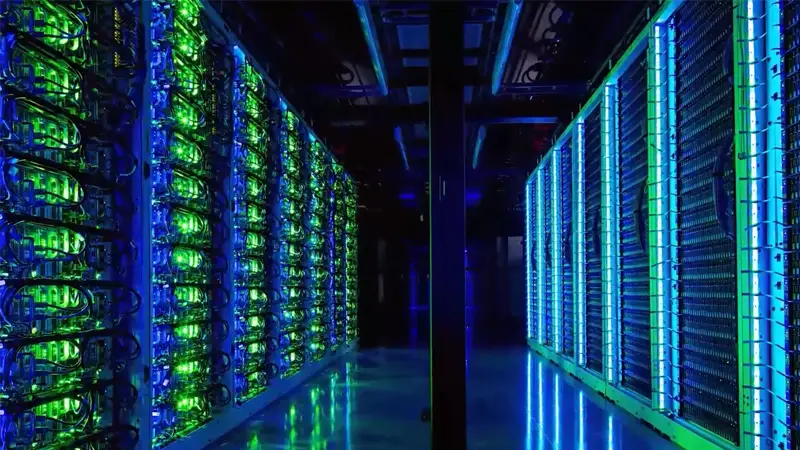In the fast-paced world of cybersecurity, staying ahead of change means constantly reinventing yourself with new skills to meet the moment. From seasoned professionals to recent graduates, a degree can give you the currency you’ll need to start or advance your career as a cybersecurity analyst, security engineer, ethical hacker or other cybersecurity professional.
Earn your advanced degree from the University of Nevada, Reno, while maintaining your current commitments. Our flexible program allows you to learn while you work and apply new knowledge to your current position.
Cybersecurity admissions requirements
To enroll in the online cybersecurity master's program, applicants must have completed a four-year bachelor's degree from an accredited institution and meet minimum GPA requirements.
- Core program admission. Students with a minimum GPA of 2.75 and computer science minor equivalency or better may be directly admitted into the core program.
- Bridge program admission. Applicants who do have a GPA below 2.75 or do not have a computer science minor equiavalency will be considered for admission into the bridge program.
What is the bridge program?
Bridge program candidates must complete two bridge courses (6 credits) and maintain a cumulative graduate GPA of 3.0 over the two bridge courses before starting core classes (30 credits).
Program curriculum
We’ve structured the curriculum so you start the master’s program in cybersecurity with either core or bridge courses, depending on your background.
There are two curriculum paths:
- 30-credit hour program (without bridge courses)
- 36-credit hour program (with bridge courses)
Curriculum structure
- Bridge courses: 6 credits
- Technical courses: 15 credits
- Leadership courses: 15 credits
Example course topics
- Fundamentals of Computer Security
- Internet Security
- Computer Systems Administration
- Mobile Computing Security and Privacy
- Digital Forensics
- Blockchain
- Cryptography
- Cybersecurity Law and Ethics
- NIST Security Framework and Compliance
What to submit in your application?
The following materials must be submitted in order to apply for the program:
- Completed online application
- Two letters of recommendation
- Statement of purpose that describes career goals (one-page)
- Transcripts from all universities and/or colleges attended
- Curriculum Vitae (CV)/resume
Ready to apply?
Applications are submitted online through The Graduate School. Register for an account and start your online application today.
